Chelsea Saldumbide and Joe McConnell, in the midst of the pandemic, set up their criminal law firm, McConnell and Saldumbide Criminal Lawyers, leaving secure paid jobs.
They made the decision with careful attention to three key aspects – prioritising business planning, strategic use of technology and accessing valuable mentoring.
Chelsea and Joe are part of the next generation of the legal profession carving out careers for now and into the future. This is their story.
“We had a really clear vision,” Chelsea said. “We spent a lot of time planning, taking a detailed and considered approach before we established our criminal law firm.
“Yes, it was in the middle of the pandemic and yes, we are ‘young’. But the timing was right for us, and in terms of our legal practice area – we were energised, and excited. We were prepared for it. Sure, we were a bit nervous and knew there were risks, especially when leaving secure employment. But by the time we were handing in our resignations, we were ready for it.”
Chelsea and Joe backed themselves and brought to life the concept of a law firm that fitted squarely within their area of legal expertise – criminal law – drawing on three key strategic decisions to create and lead a law firm that is a fit for Future Ready.
#1 Prioritise business planning
“The business planning was very important,” Joe said. “It was about having as much assurance that our strengths would complement our service and provision of client care. We both have criminal law experience and have deliberately focused on this. The decision to focus in a practice area we had expertise in and connections with, was part of that planning. Between us, we also have different strengths and that works well for us because we bring different leadership attributes to the firm – and all of it vital.
“We talked for about 18 months about the concept. But the serious decisions were more like nine to 12 months. That period of time involved very careful analysis and planning on the business, even before we made any concrete moves.”
Chelsea picks up on the theme: “We surprised ourselves! We have high expectations of ourselves. We are self-critical. We set small goals to achieve, as well as medium and long-term goals. We exceeded our goals pretty quickly. It was refreshing to reflect on those achievements and then to build on that.”
She pauses. “We are now putting in the next level of expectations. It keeps us motivated. It ensures the business builds. Our reputation and practice are both building. We have just achieved one of our goals – which has been to employ support staff. And we will put on another lawyer. We know the skill set to recruit for, to ensure a good fit for our client care.
“We understand that someone working in criminal law may have a conflict with their own moral compass, but it’s about providing clients who are disadvantaged with that access to justice.”
“We did careful analysis,” Joe said. “While other professions were hit, the courts still had to operate. That was to our advantage.
“It was difficult to open the practice. And there are other firms in the community with an existing reputation. We were a new firm. We were starting from zero – that was a challenge. We had to rely on our own individual reputations to start bringing in clients. But we had already factored that in as part of our planning.”
#2 Strategic – not slavish – use of technology
“My preference is to rely on paper for reading briefs of evidence,” Chelsea said. “I am able to make comments and highlight key points. Sure, you could do this on a laptop, but paper – in this context – suits me.
“And I prefer face-to-face meetings. But we have clients all over Darling Downs South West and SEQ – including as far west as Cunnamulla. We drive out there, but we have the capability to link to them with technology when that is simply not possible. This has certainly positioned us well in the recent flood situation.
“We use technology for client management and streamlining processes and accessibility. That has increased our capability to operate during the pandemic. We can progress the client matter – no problem. And the technology with the client through Zoom – provides access for them.
“Feedback from clients is that they feel they are getting full service. They are not getting left behind. No question – it has given them better access to justice.”
“The software was a big investment,” Joe said. “But we can access the courts. It’s brought a good return on that investment. Sure, as a start-up it was a big percentage of our budget, but that is now reducing as the business is increasing.
“The technology we are using has put us in a good place. When we grow, we will then look at training and increased performance of the technology – how to implement it even more effectively and develop its full functionality. We will also improve the quality of technology that is client-facing, for example, when we’re using tech-links for client interviews and video-conferencing.”
The McConnell and Saldumbide website is attention grabbing, and perfectly pitched for their clients. Joe laughs at the comparison of the website to a gritty thriller movie still.
“Yes,” he said. “We benchmarked the design and functionality of the website across the world, including looking at websites for criminal lawyers across the US and UK. We didn’t want to be limited in our vision for how we wanted to communicate what we are about. Again, this was all carefully thought through, planned and costed even before we opened our doors.”
#3 Surround yourself with experienced mentors for valuable guidance
“I have previously enjoyed formal mentoring from an experienced barrister and still utilise our relationship with the local Bar,” Chelsea said. “I am constantly striving to improve my practice and wanting to upskill.
“While I was confident to open the practice, I have always welcomed the guidance and wisdom our local Bar has to offer. Learning is ongoing, and that includes through our mentors. Toowoomba has an experienced local Bar which is excellent.
“This is part of the important transfer of knowledge, skills, and experience from one generation to the next. It gives strength to the profession and capability to adapt and adjust to new situations. These mentoring relationships are one of the most critical elements driving the success of the firm.”
“We are both very driven individuals, who have chosen to focus on criminal law,” Joe said. “Our energy and drive, combined with the experience and support we receive from our mentors has been a significant factor for us. It has given us the benefit of tapping into our mentors’ vast and varied wisdom. It’s been powerful for both Chelsea and me.”
Final insights…
Joe: “Preparation and organisation! It trumps all. Our confidence stems from this intense and focused preparation. It is also something that has allowed us to deal with a shifting environment, so that we can deal with multiple new challenges. And of course, the mentoring. We have very good relationships here and we are able to rely on them for significant aspects. That has been massive for me.”
Chelsea: “Back yourself! Outsiders have been stunned at us being so young and opening the practice. But it is about knowing your own abilities. It is never going to be ‘the right time’, but if you have self-belief in your abilities – then go all in.”
Survey: Be part of Future Ready
A new research project sponsored by Queensland Law Society is investigating how smaller law firms can better survive and thrive in today’s climate of dynamic change.
The survey focuses on a wide range of factors influencing the industry, including COVID, technology, weather events and intergenerational impacts.
Be part of Future Ready and complete the survey.


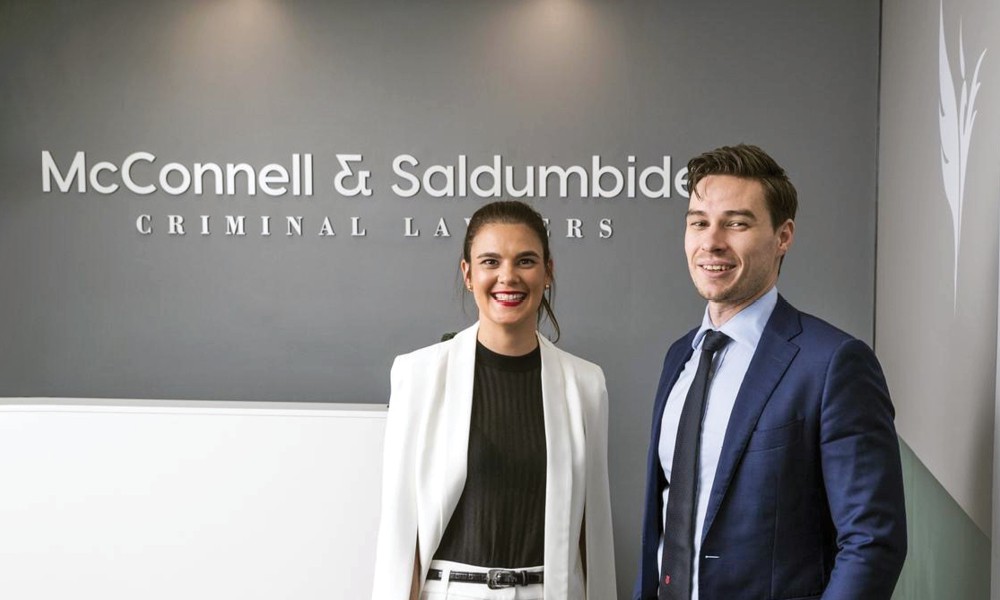



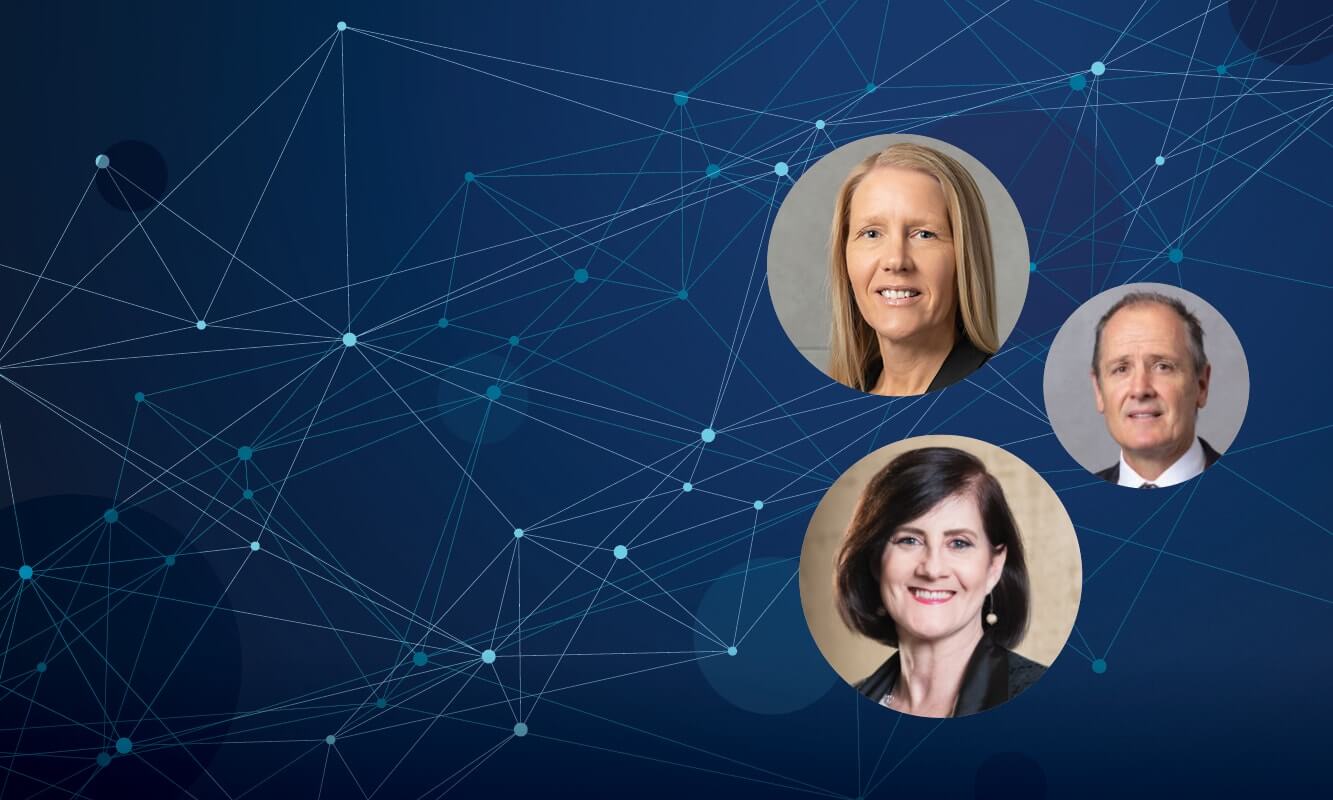

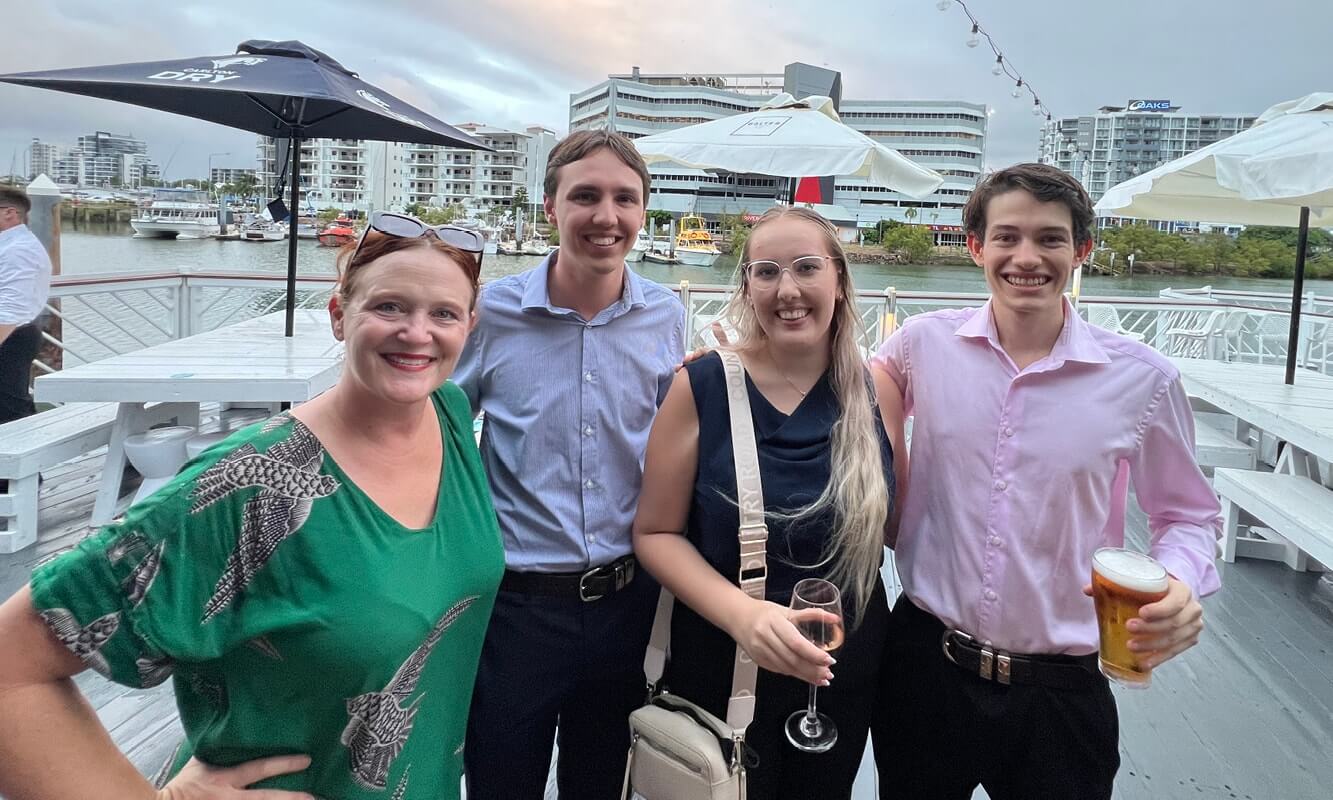
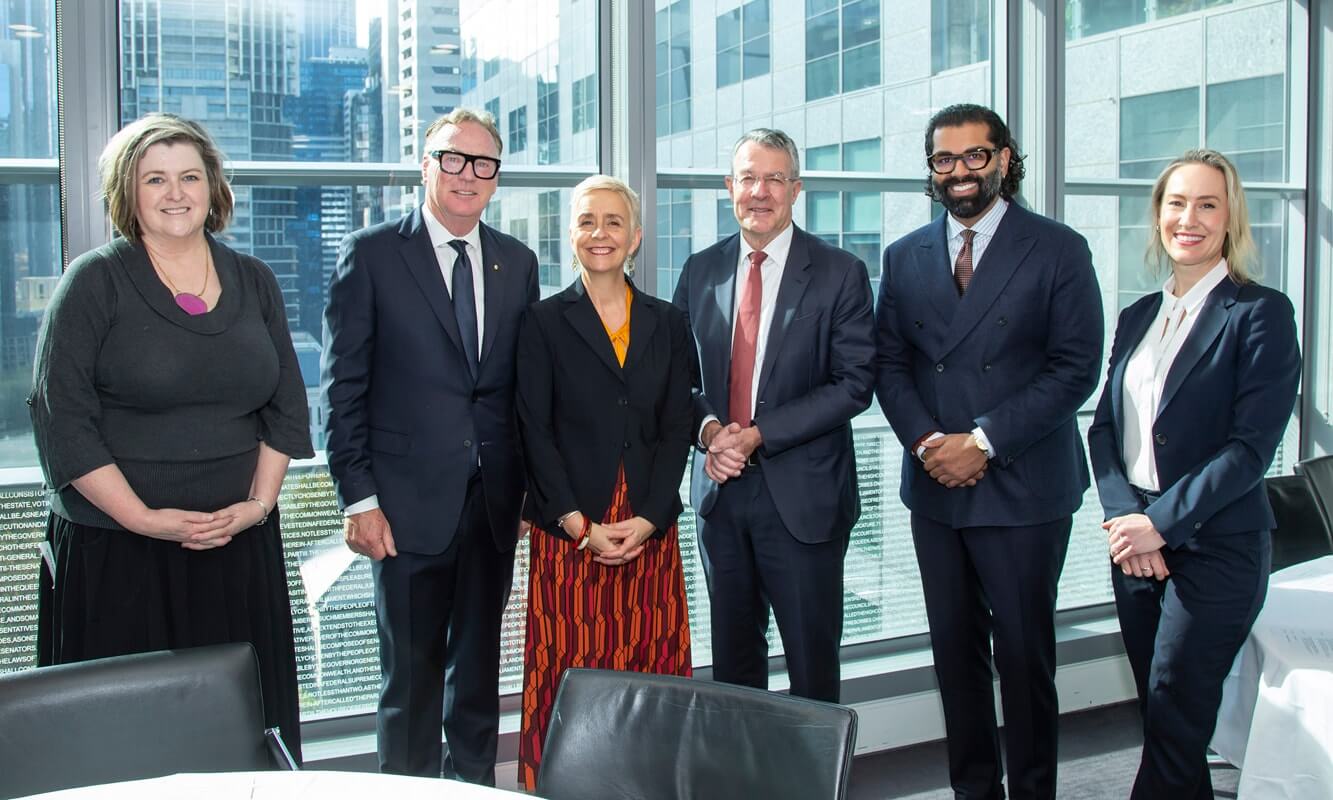
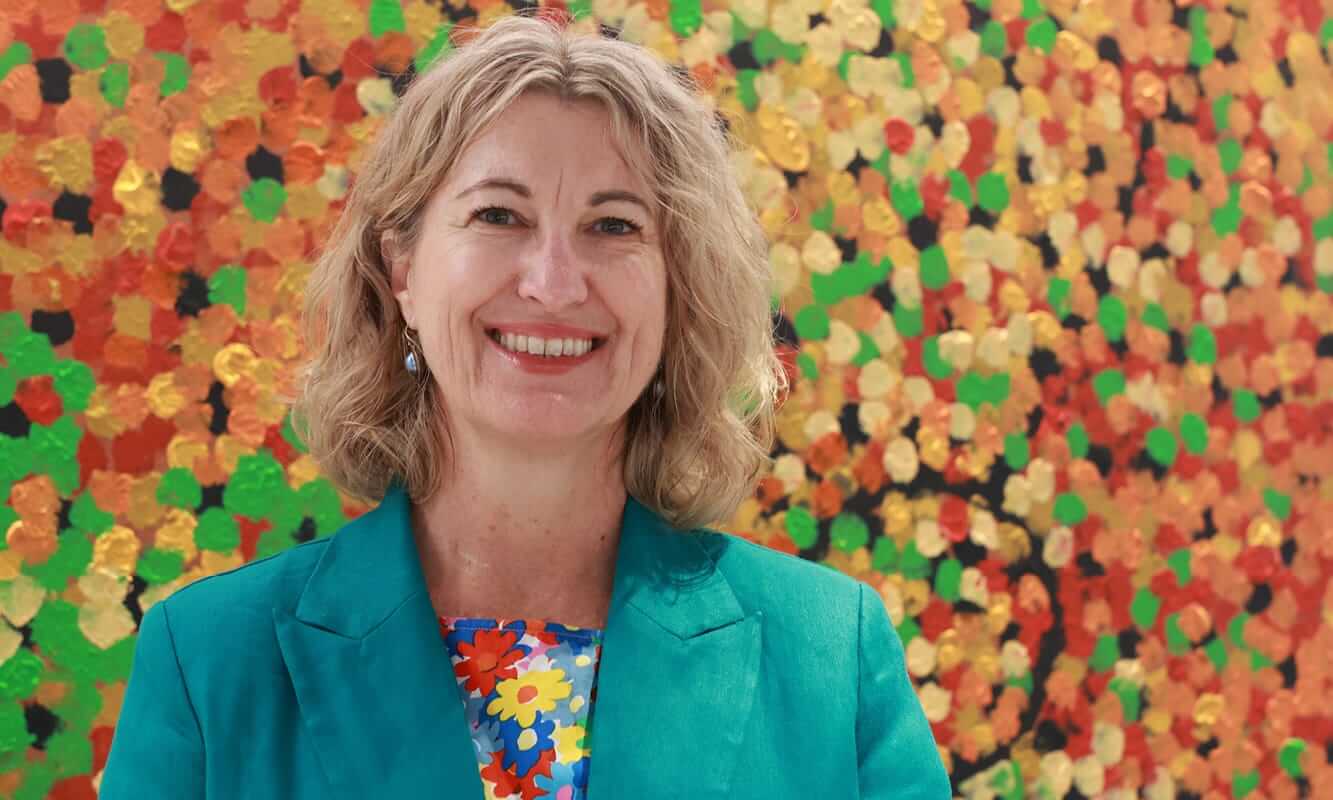
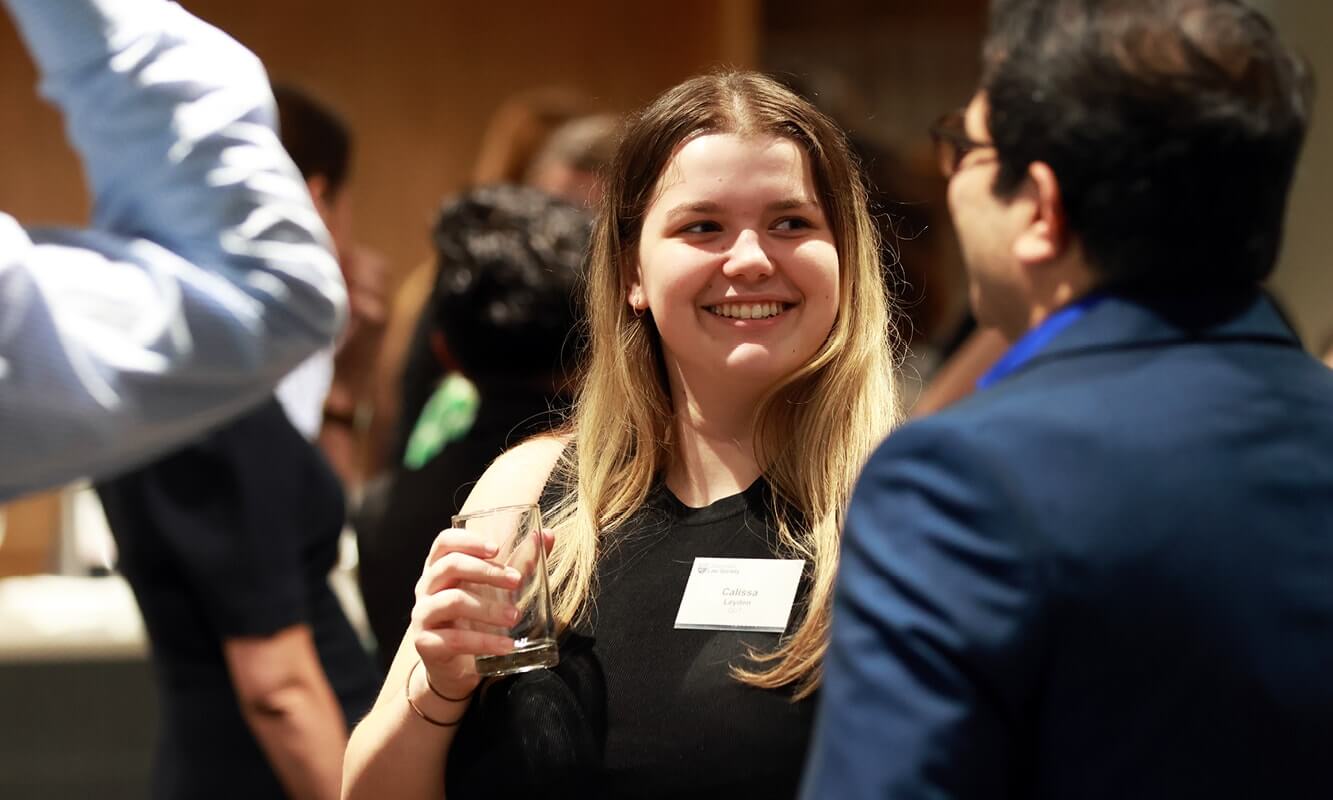

One Response
In the intricate tapestry of the legal system, criminal lawyers serve as crucial guides, navigating individuals through the complexities of the law, particularly in cities like Brisbane, where legal intricacies can be particularly daunting.